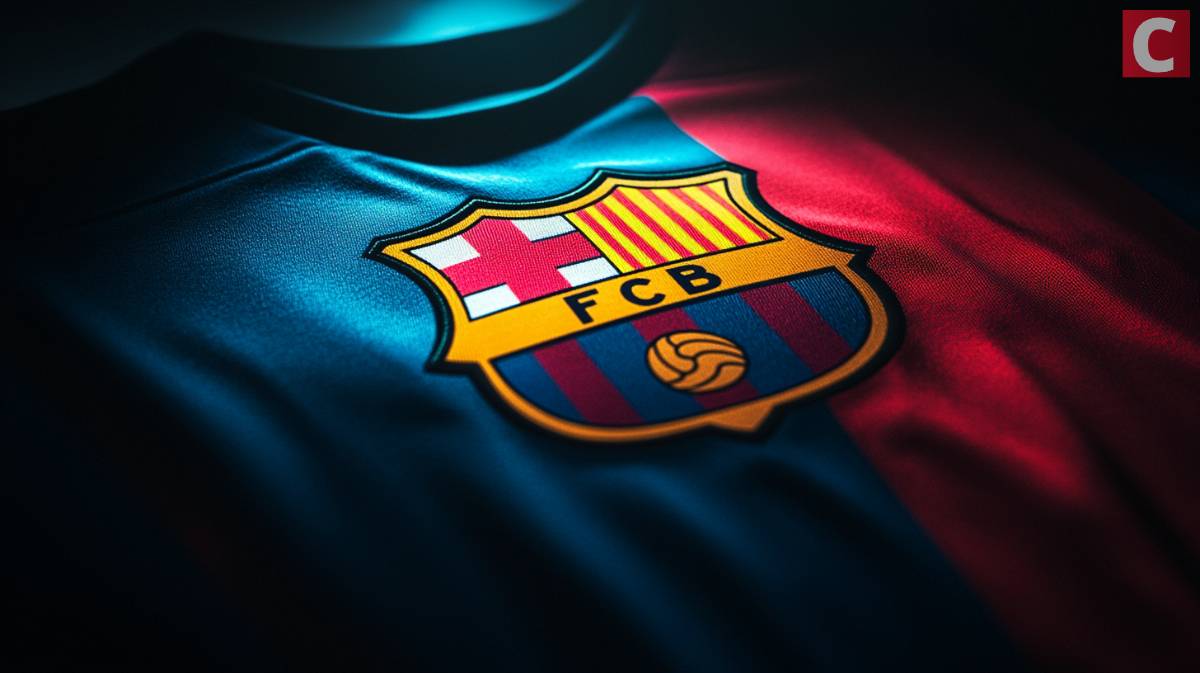Barcelona sparked controversy by partnering with Zero-Knowledge Proof, a Samoa-registered blockchain startup that launched its own cryptocurrency days after the deal.
FC Barcelona has faced intense criticism after entering a sponsorship agreement with Zero-Knowledge Proof (ZKP), a little-known blockchain start-up registered in Samoa. The three-year deal named ZKP as Barcelona’s official blockchain technology partner.
Controversy escalated after ZKP introduced its own cryptocurrency on November 24, following the partnership announcement on November 14, prompting concerns that Barcelona’s global fanbase could be exposed to a risky investment.
Amid the backlash, Barcelona issued a formal statement distancing itself from ZKP’s digital token, emphasizing that the club has “no connection whatsoever” with the asset launched by its sponsor. The club further committed to transparency regarding its commercial relationships and signaled it would provide updates should more details become available.
Global partnership with @ZKPofficial, new Official Blockchain Technology Partner of FC Barcelona. #BarçaxZKP 🤝
— FC Barcelona (@FCBarcelona) November 14, 2025
The Club’s Strategy is Contextualized by Debt Pressure and Industry Trends
Barcelona’s move to secure the ZKP deal is widely seen as a result of continued financial challenges, with analysts suggesting the club is aggressively seeking new revenue streams, according to the Financial Times.
The club’s struggles are not isolated. Across Europe, more than a third of premier clubs are now sponsored by cryptocurrency or trading platforms, filling a gap left by stricter gambling advertising laws. In the 2024/25 season alone, crypto companies invested hundreds of millions of dollars into football sponsorships. However, these deals have drawn regulatory attention, with some partnerships terminated due to non-payment or regulatory warnings.
The decision to partner with a sponsor lacking a visible operational history and leadership has drawn additional scrutiny, amid concerns that ZKP’s online presence is limited and the company’s background remains unverified, mainly because its team is anonymous and doesn’t reveal anything about themselves.
Worth mentioning that the ZKP team is even using the bad press from this topic as a marketing asset in their X account.
No LinkedIn. No pitch deck. No press charm offensive.
Just a new blockchain, deployed Proof Pods, and 100% self-funded.
Maybe what’s concerning trad media is that we skipped the PR game.https://t.co/nCX5mTjSQO
— Zero Knowledge Proof (@ZKPofficial) November 28, 2025
Crypto Sponsorships in Football are Increasing
Barcelona’s ZKP partnership is part of a growing trend in which crypto firms sponsor high-profile football clubs. It is essential to highlight that most of these sponsorships are with crypto companies that are highly public and transparent, with years of industry experience.
- Arsenal FC partnered with Bitpanda as its Official Crypto Trading Partner in August 2025, providing branding, digital activations, and exclusive events for fans.
- Paris Saint-Germain’s 2021 sponsorship with Crypto.com reportedly pays the club over $430 million across three years.
- Kraken became the official sleeve sponsor for German club RB Leipzig and previously partnered with Atlético de Madrid and Tottenham Hotspur.
- Juventus FC, Inter Milan, and multiple Serie A clubs hold similar agreements with crypto and trading firms.
- Clubs like Real Bedford FC, with Gemini, and Watford have used sponsorships and investments to integrate Bitcoin BTC $65 577 24h volatility: 2.8% Market cap: $1.31 T Vol. 24h: $42.60 B and NFTs into their financial and fan engagement strategies.
These sponsorships raise ongoing questions about transparency, regulatory oversight, and consumer protection, especially as fans view club endorsements as a validation of products and services. Football clubs and leagues are now under mounting pressure to balance commercial interest with responsibility toward their supporters.
next